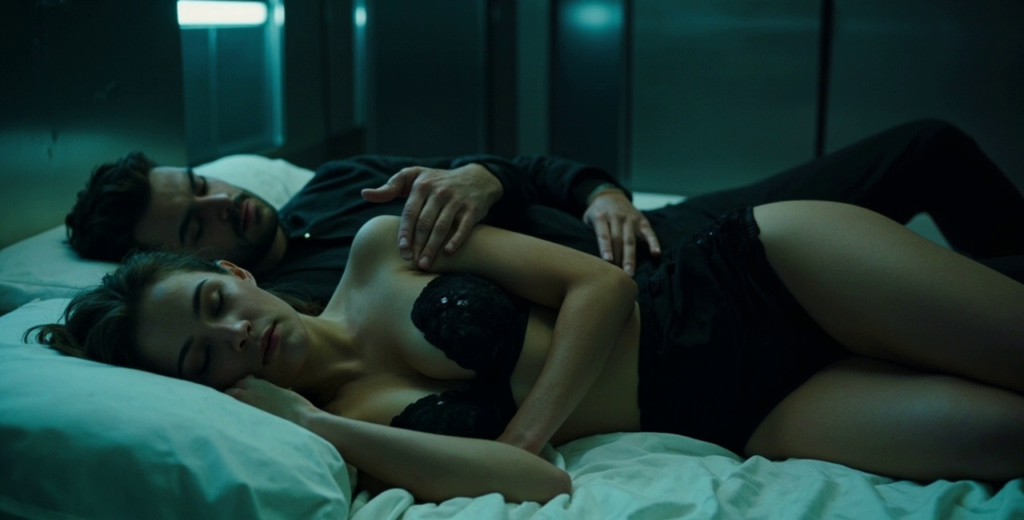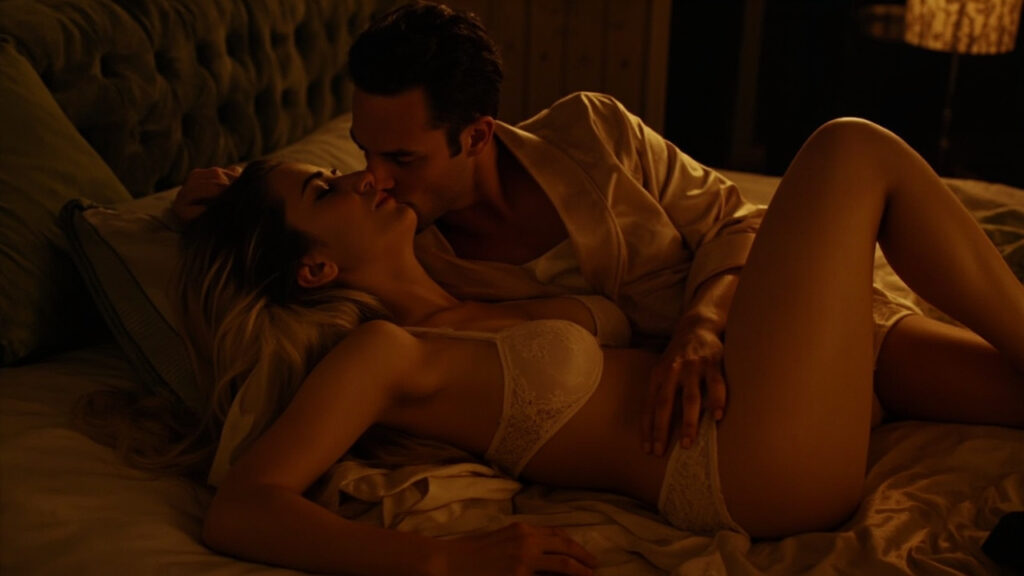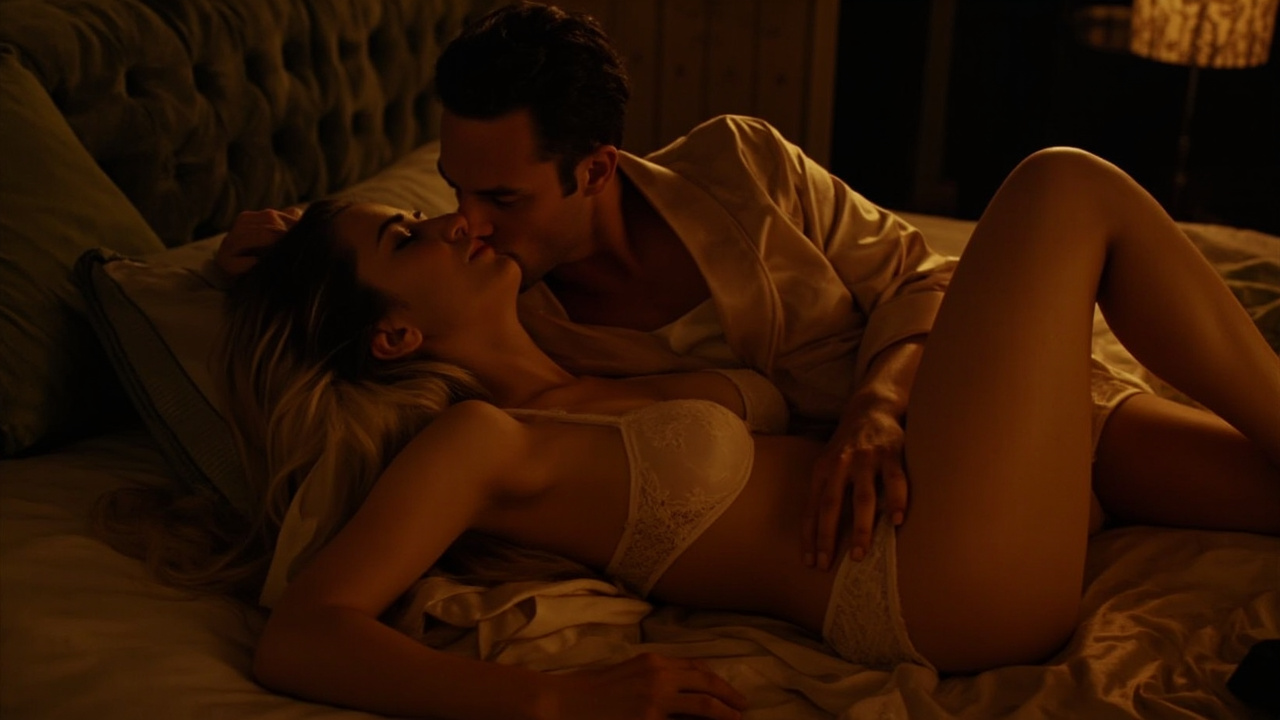Reading a recent article about male loneliness and the struggles of modern dating brought back a flood of memories—memories from a time when I, too, was trying to navigate relationships, connection, and self-worth in a confusing and often unforgiving world. Looking back, I realize that I went through stages of misunderstanding myself and the women I hoped to connect with.
Below are the points that defined my journey and helped shape who I am today:

1. Shyness Was My Biggest Barrier
Growing up, I was painfully shy. The idea of walking up to a girl and starting a conversation felt like climbing a mountain. I’d rehearse what to say in my head, build up the courage, and the moment I tried—my words would fail me. I often stuttered when nervous, which made things even harder.
Each attempt felt like a test, and each rejection felt like a failing grade. I’d be dismissed, laughed at, or ignored. Sometimes, I wasn’t just rejected—I was disrespected. That stung the most. But every time, I tried to pick up my ego and keep moving forward.
2. Rejection Was More Than Just “No”
Being turned down wasn’t just a moment—it stayed with me. I began to internalize those rejections. I started thinking I wasn’t good enough, or that there was something wrong with me. Instead of seeing rejection as a normal part of life, I saw it as a personal flaw.
I’d watch other guys—confident, smooth, always surrounded by girls—and wonder why I couldn’t be like them. I thought maybe if I dressed better, talked differently, or acted tougher, I’d finally be noticed. But none of that addressed the real issue: I didn’t like myself very much back then.

3. I Was an Incel Before I Knew the Word
Back in those days, the Internet wasn’t what it is now. There were no forums, no Reddit threads, no viral terms like “Incel.” But looking back, I realize I fit that definition. I was involuntarily celibate. Not by choice, but because I didn’t know how to connect, how to grow, or how to believe in myself.
I spent too much time feeling angry and bitter—not outwardly, but quietly inside. I thought women held all the power, and I resented them for not choosing me. I didn’t understand the emotional maturity required to see them as individuals with their own choices and stories—not just gatekeepers of love or sex.
4. Misplaced Value: The “Vagina Has Value” Mentality
Back then, many of us believed a dangerous myth—that a woman’s worth (and by extension, our worth) was tied to sex. We chased women like prizes. Her attention meant everything. Her approval meant success. We’d spend time, money, energy—just for a chance to be chosen.
Looking back, it’s clear how wrong that thinking was. That mindset reduced women to objects and made men competitors in a race that shouldn’t have existed. We were measuring value through desire and validation instead of
character and mutual respect.

5. A Girl Next Door and a Lesson in Humanity
One particular memory stands out. When I was about sixteen, a new family moved in next door. They had a daughter about my age. She was friendly, warm, and beautiful in an understated way. We had a few simple exchanges—small talk, waves, smiles. One afternoon, she brought me a glass of lemonade while I was fixing my bike. That moment felt magical.
For the first time, I had a real conversation with a girl without fear overwhelming me. She didn’t judge me, and I didn’t stutter. But in the weeks that followed, I saw her walking with another boy. Someone more confident, more popular.
I was hurt—but not because she owed me anything. I just hadn’t yet learned the difference between attraction and entitlement. Her kindness didn’t mean she was romantically interested. It meant she was a decent person. That realization came much later, but it helped reshape how I saw relationships.
6. The Turning Point: Internal Growth
It took time and many more awkward moments, but eventually, I began to grow. Not just socially—but emotionally and mentally. I started seeing women as people, not puzzles. I started seeing myself as worthy—not because someone else chose me, but because I began choosing myself.
The need to impress slowly gave way to a desire to connect. I focused less on trying to “win” someone and more on learning to be my authentic self. I stopped seeing vulnerability as weakness and started seeing it as honesty.
7. Confidence Isn’t Loud—It’s Honest
One of the biggest myths I believed when I was young was that confidence was about being loud, dominant, or charming. But real confidence, I’ve learned, is quiet. It’s in knowing who you are and being okay with that—even if others aren’t.
When I began to accept my flaws, embrace my quirks, and stop performing for approval, something changed. People responded to that. I made deeper friendships. Romantic opportunities came more naturally. And rejection stopped feeling like failure—it felt like redirection.

8. Advice to My Younger Self (and Others Like Him)
If I could speak to my younger self, I’d say this:
- You are not broken. Shyness isn’t a curse, and stuttering doesn’t make you less of a man.
- Stop measuring your value through the eyes of others. Their opinion doesn’t define your worth.
- Women are not prizes. They are people—complex, emotional, beautiful in more ways than you know.
- Don’t chase love to fix loneliness. Learn to enjoy your own company. Love yourself first.
- Rejection isn’t humiliation. It’s a human experience. Everyone goes through it.
